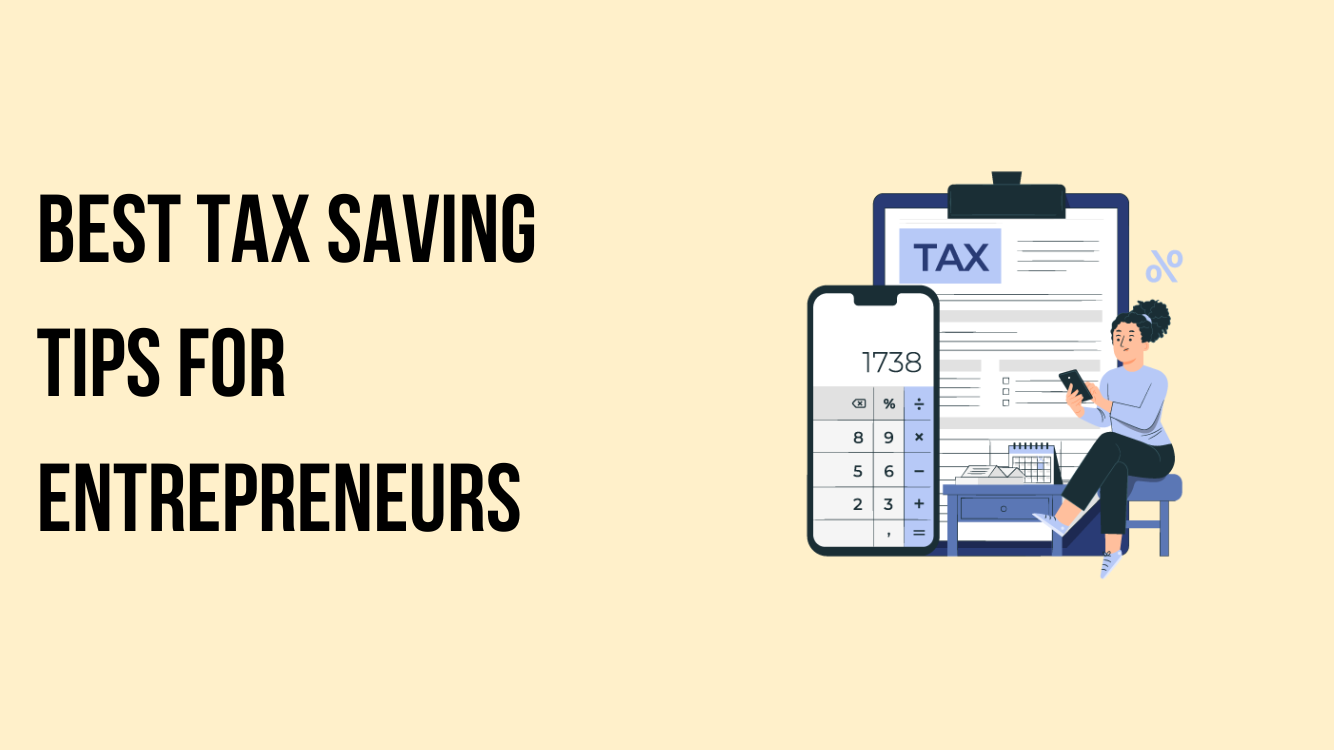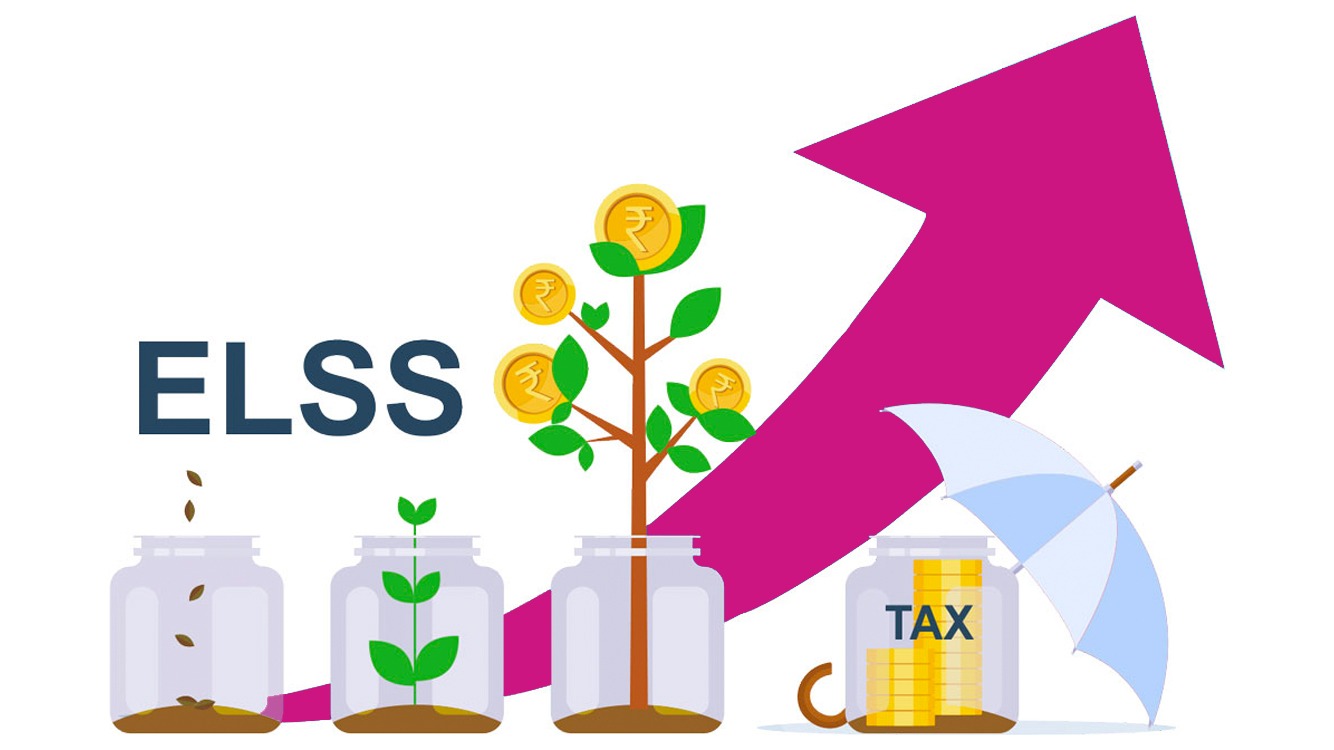Explore the world of ELSS tax benefits with LXME. Discover how investing in Equity Linked Savings Schemes can not only help you save on taxes but also grow your wealth. Learn more in this comprehensive guide.
Do you struggle to save taxes?
We have a solution for you to not just save your tax money, but also create wealth.
But how would you save taxes while also creating wealth?
When tax season arrives, people often start looking for ways to save money while also earning some money. While doing so, you must have come across ELSS. It’s okay if you’re hearing this acronym for the first time.
Here’s everything you need to know about ELSS, which is a tax-advantaged investment that also allows you to grow your money.
What exactly is ELSS?
The Equity Linked Saving Scheme (ELSS) is a mutual fund that invests in equity-related instruments.
Important Factors –
- ELSS invests at least 80% of its assets in equity and equity-related instruments.
- It has a 3 year lock-in period. It means you won’t be able to sell or liquidate your investments for at least 3 years.
- You can invest in ELSS using either the SIP (regular monthly) or Lumpsum (one-time) method. When you invest via SIP, you do so over 3 years, whereas when you invest in a lump sum, you do so all at once.
Benefits from ELSS:
1. Tax benefit on investment:
When you invest in ELSS, you can get a tax deduction of up to ₹ 1,50,000 from your total taxable income under Section 80C of the Income Tax Act. This tax deduction is the total of the deduction allowed under Section 80C which includes the amount invested in the PPF Account, ELSS, NSC, Senior Citizens Saving Scheme, etc. For example, Muskan works in an MNC company. After considering all her income, ₹8,00,000 is the income on which she has to pay tax as per the slab rates. But if she would have made the ELSS investment up to ₹ 1,50,000 then she would need to pay tax only on 6,50,000 (8,00,000 – 1,50,000)
2. Tax benefit on sale:
Equity investments held for more than a year are considered long-term investments. When you sell off ELSS after 3 years you can avail of tax exemption up to ₹ 1,00,000 under long-term capital gain and above 1 lakh taxed at a flat 10%. Let’s take an example:-
So you need to pay a flat 10% on ₹ 50,000 only.
As a result, when you invest in ELSS funds, you receive tax benefits on both the purchase and sale of the funds.
Equity investments help in beating inflation in the long run. Here, inflation means an increase in the cost of goods and services over a period of time. As a result, as inflation rises, the value of your investments must also rise to cope with the same.
Why is LXME’s Tax Saving Plan a suitable ELSS fund for you?
LXME’s Tax Saving plan is an expert-backed portfolio of a mutual fund, which further diversifies risk and is monitored by experts. Invest to save for tax and create wealth by targeting a return of 16%*.
Make a wise choice to get the dual benefit of saving your hard earned money and growing your wealth.
Did you know?
By investing ₹1.5 lakh in a financial year in an ELSS, an individual taxpayer in the highest tax bracket can save a tax of ₹46,800 (inclusive of cess at 4%).
So don’t limit yourself to traditional tax-saving options, get started here.
Related Article You may Like :- ELSS Vs. PPF: Which one should you choose?
FAQ’s – Frequently Asked Questions
How much of ELSS is tax-free?
ELSS investments up to Rs. 1.5 lakh are eligible for a tax deduction under Section 80C of the Income Tax Act.
What is the tax benefit of ELSS fund?
ELSS offers a tax deduction of up to Rs. 1.5 lakh under Section 80C, reducing your taxable income.
How do I avoid tax in ELSS?
To minimize taxes in ELSS, utilize the full 80C limit of Rs. 1.5 lakh and choose the SIP mode for systematic investments. This spreads your investments across the year and optimizes tax savings.
Explore the world of ELSS tax benefits with LXME. Discover how investing in Equity Linked Savings Schemes can not only help you save on taxes but also grow your wealth.
To stay connected with LXME and access inspiring content, follow us on Instagram and subscribe to our YouTube channel.
Share this blog with your family and friends if you find it insightful!!
Download the LXME app now to start investing!
New Investor? Request a Callback.
Fill in your details and we will guide you at every step
other blogs

Tax August 26, 2024
Best Tax Saving Tips for Women Entrepreneurs
Riya: Hey, Neha! I’ve been stressing over taxes. Running my own business is rewarding, but the taxes are overwhelming. Neha: I totally get it, Riya! I’ve been there too. But guess what? I found some amazing tax-saving tips specifically for women entrepreneurs like us. Riya: Really? That sounds exactly like what I need! Tell me … Best Tax Saving Tips for Women Entrepreneurs

Mutual Funds July 30, 2024
Smart Emergency Fund Investment: Building Financial Security
Welcome to our comprehensive guide on Emergency Fund Investment. In today’s unpredictable world, having a financial safety net is paramount. In this article, we’ll delve into the art of smart money management, helping you understand the best strategies for emergency fund investment and cover all the importance of emergency fund. Discover how to make your … Smart Emergency Fund Investment: Building Financial Security

Mutual Funds Saving July 29, 2024
7 Reasons Women Should Have Emergency Savings
Ladies, here’s a questionnaire for you: What would you do in case of a medical emergency? Ask for money from friends or put it on the credit card? What would you do if your company didn’t give you a maternity leave? Leave the job or keep working & stressing? What would you do if your … 7 Reasons Women Should Have Emergency Savings









